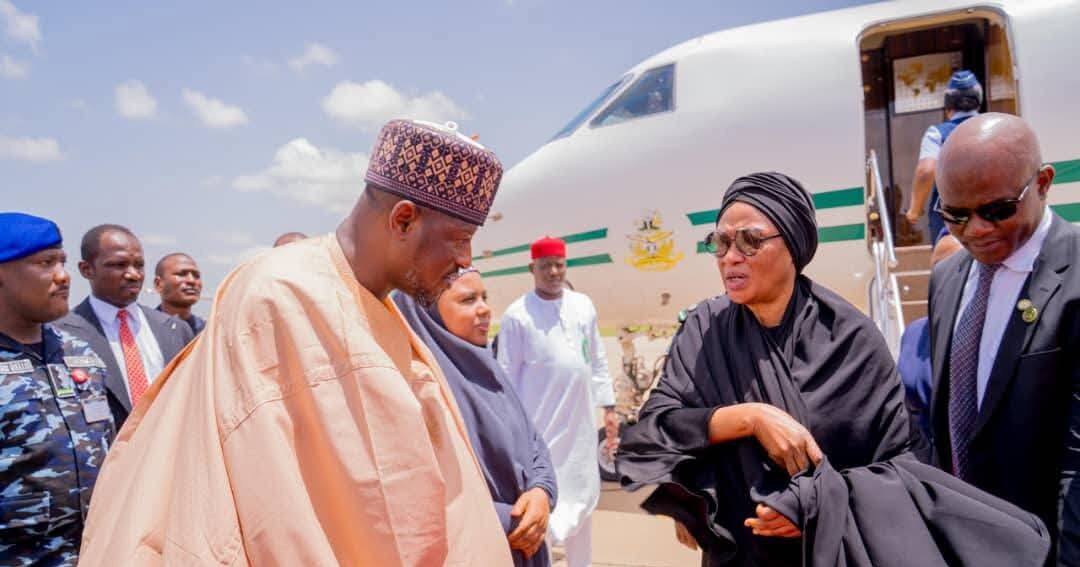A Federal High Court sitting in Ikoyi, Lagos on Wednesday dismissed a suit filed by Spectrum Wireless Communications Limited against Emerging Markets Telecommunications Services (EMTS), owners of 9mobile, challenging the sale of the company.
The Court Presided over by Justice CJ Aneke in a ruling on the preliminary objections file by counsel to EMTSupheld the Defendant’s prayers in Suit No. FHC/L/CS/153/2018 that there is no direct shareholding relationship between Spectrum Wireless and EMTS, thereby vesting on Spectrum the right to sue EMTS to protect its alleged shareholding in EMTS.
The court also upheld the Defendant’s position that there isno privity of contract between EMTS and Spectrum asSpectrum is not a shareholder in EMTS and cannot be said to have been directly affected by the actions of its shareholders – Mubadala Holdings Cyprus Ltd, Myacynth and Etisalat International Nigeria Ltd.
The Court further upheld the Defendant’s position that if at all Spectrum has a right of action, its action should be against PTHNV, the company it originally invested in and not EMTS. The Court therefore upheld the submission of counsel to EMTS that not being a shareholder of EMTS, Spectrum lacks the locus standi to bring the suit against EMTS on the basis of any decision taken by the shareholders of EMTS.
The Court therefore upheld the Defendant’s prayers saying that Spectrum lacks the locus standito sue, adding that the concept of “indirect shareholding/economic interest” claimed by Spectrum is unknown to Nigerian law, which only recognizes members of a company as those named in its Register of Members.
Justice Aneke also held that Spectrum is not a party to the credit facilities which it claims were unlawfully obtained; and it is elementary law that only parties to a contract can make judicial claims in respect thereof.The Court therefore dismissed the suit in its entirety.
It would be recalled that Spectrum Wireless Communications had sued EMTS and 16 other defendants including United Capital Trustees Limited (‘the Lenders’), the Central Bank of Nigeria (CBN) and the Nigerian Communications Commission (NCC) over the sale of the telco.
The company had claimed that it acquired indirect holding of 30% of the shares of EMTS after a private placement and was allotted 4,041,096 Class A shares of Premium Telecommunications Holdings NV (“PTHNV”), which owns 99% of the shares in MyaCynthCoperative UA (“MyaCynth”).
The Plaintiff also claimed that MyaCynth holds 30% of the shares of EMTS BV; and EMTS BV holds 99.9% of the shares of EMTS) and that EMTS’ syndicated loan from the 2nd to 4th Defendants was granted without the requisite statutory approval of the CBN, and can, therefore, not be enforced through the sale of EMTS’ shares and assets by the 2nd to the 14th Defendants.
Spectrum also claimed that its investments in EMTS will be lost if the 15th to 17th Defendants are allowed to effect the sale of EMTS.

 BIG STORY4 days ago
BIG STORY4 days ago
 BIG STORY4 days ago
BIG STORY4 days ago
 BIG STORY1 day ago
BIG STORY1 day ago
 BIG STORY4 days ago
BIG STORY4 days ago
 BIG STORY4 days ago
BIG STORY4 days ago
 BIG STORY1 day ago
BIG STORY1 day ago
 BIG STORY3 days ago
BIG STORY3 days ago
 BIG STORY4 days ago
BIG STORY4 days ago
























